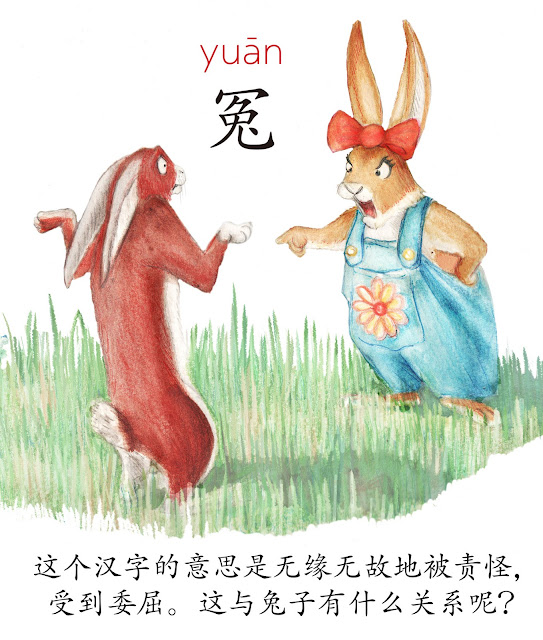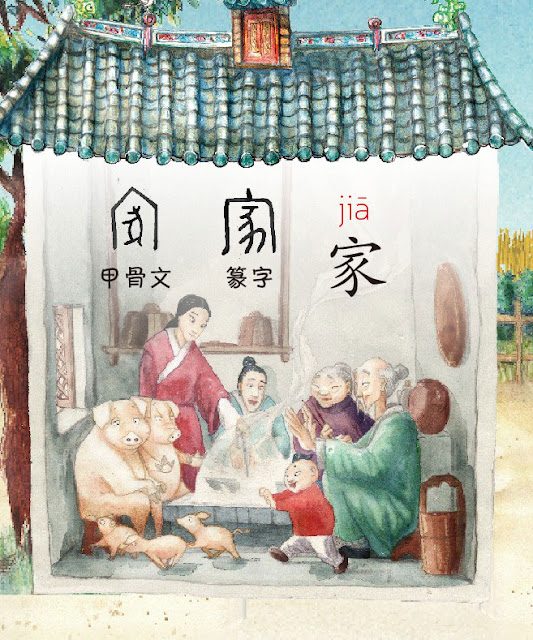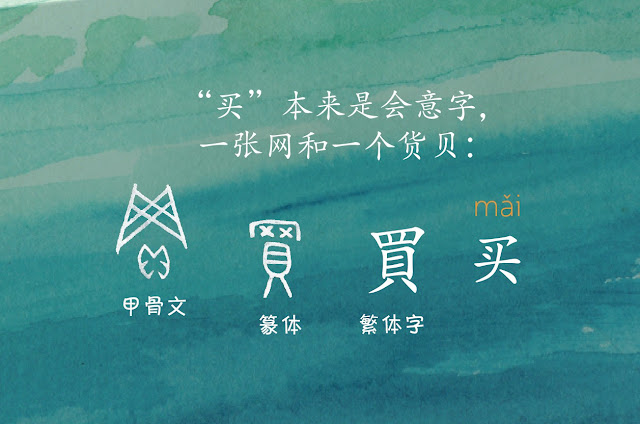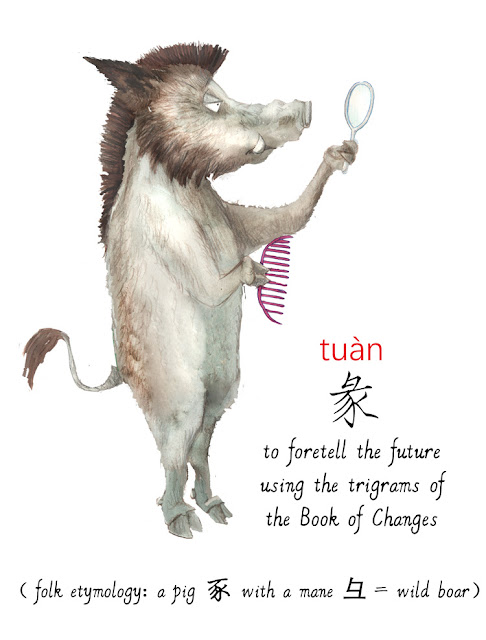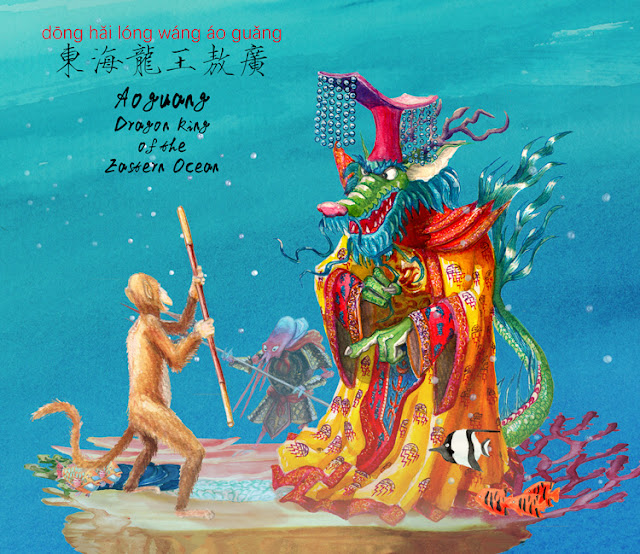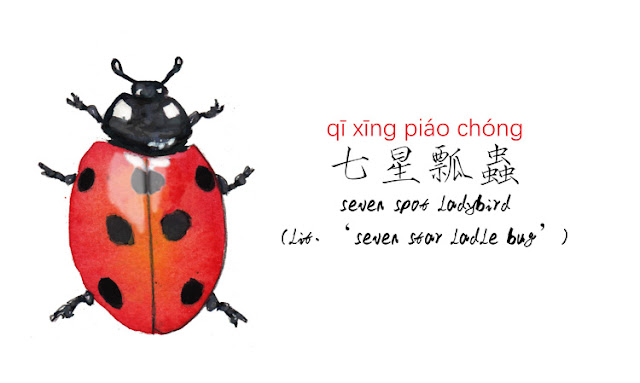'Elephant Chess' and Persian loanwords in Chinese
Illustration of an elephant as Persian warrior by me (Jason Pym) In Chinese, the word for chess is ‘elephant pieces’ (象棋 xiàng qí,‘象’ elephant and ‘棋’ meaning a piece in a board game). This is because the game was once played with ivory chess pieces. Originally the game only had four different pieces. During the Northern Song dynasty (北宋 Běi Sòng (960-1127)) they added the elephant piece, equivalent to bishops in Western chess*. But China never had war elephants, so where did this piece come from? Persia. Persia had war elephants, and Persian chess, and Persian chess had a war elephant piece. At the time there was a roaring trade between Persia and China, as there had been for centuries, and the exchange was not only in material goods but inevitably it was also a cultural exchange. Chinese adopted words from the Persian language some of which are still in common use today: 狮子 shī zi lion , is ‘shir’ in Persian, and lions have been a symbol of the country and its royal fam...

